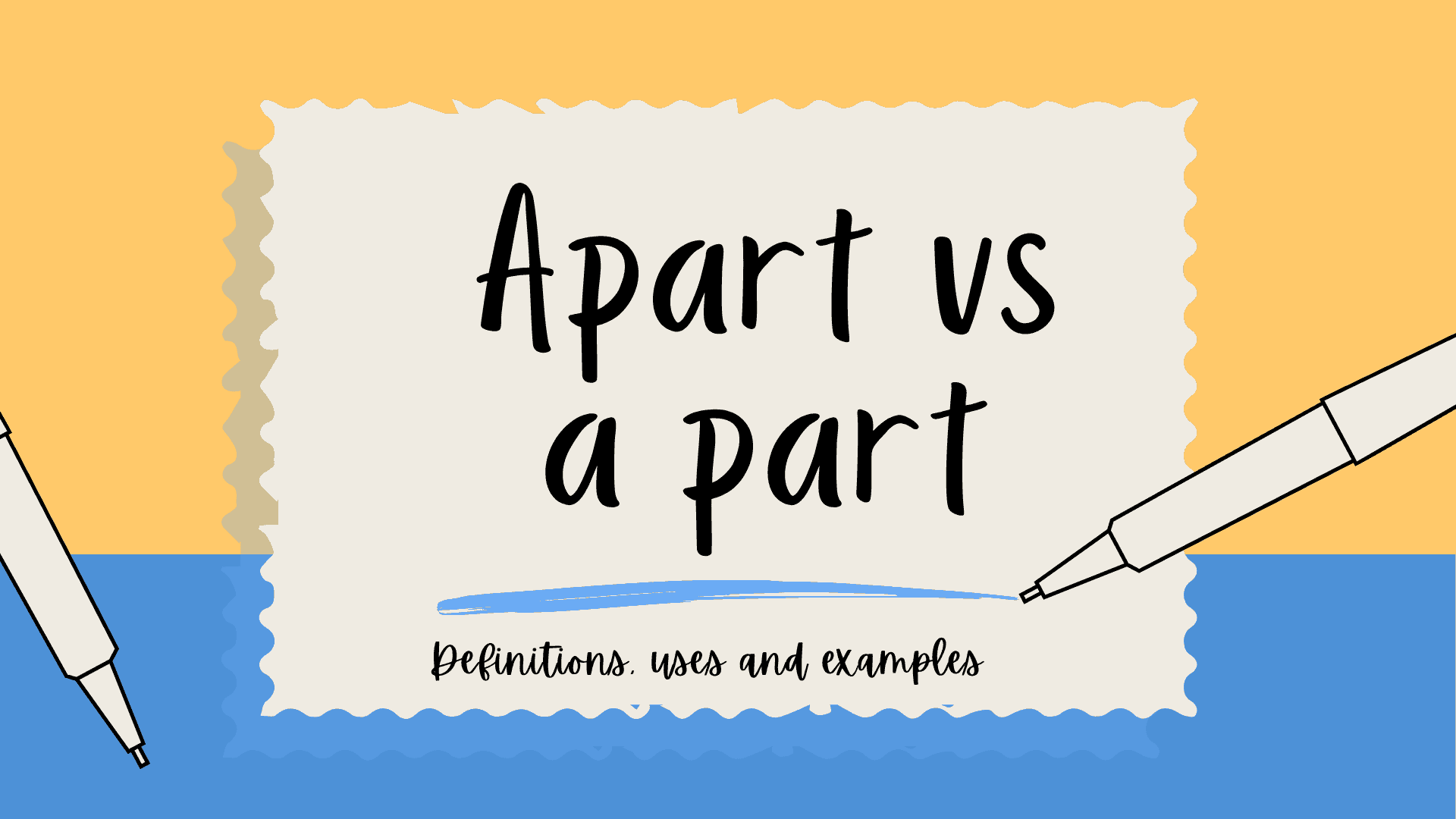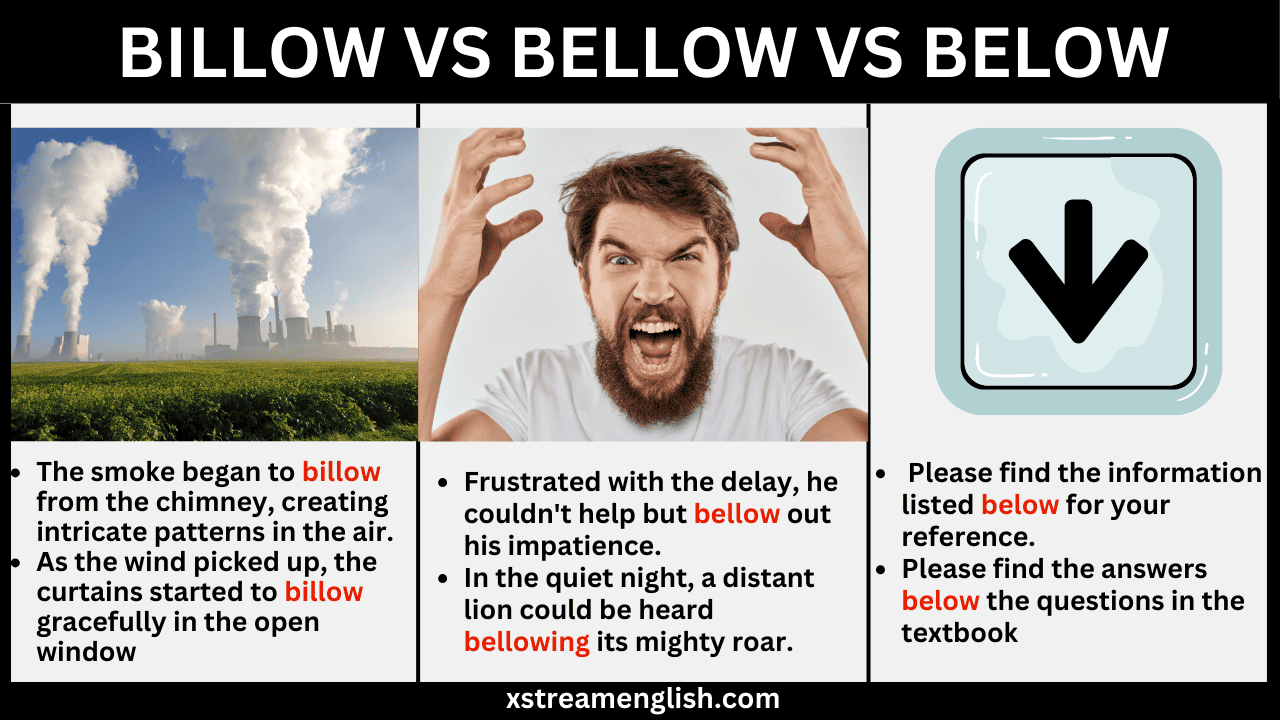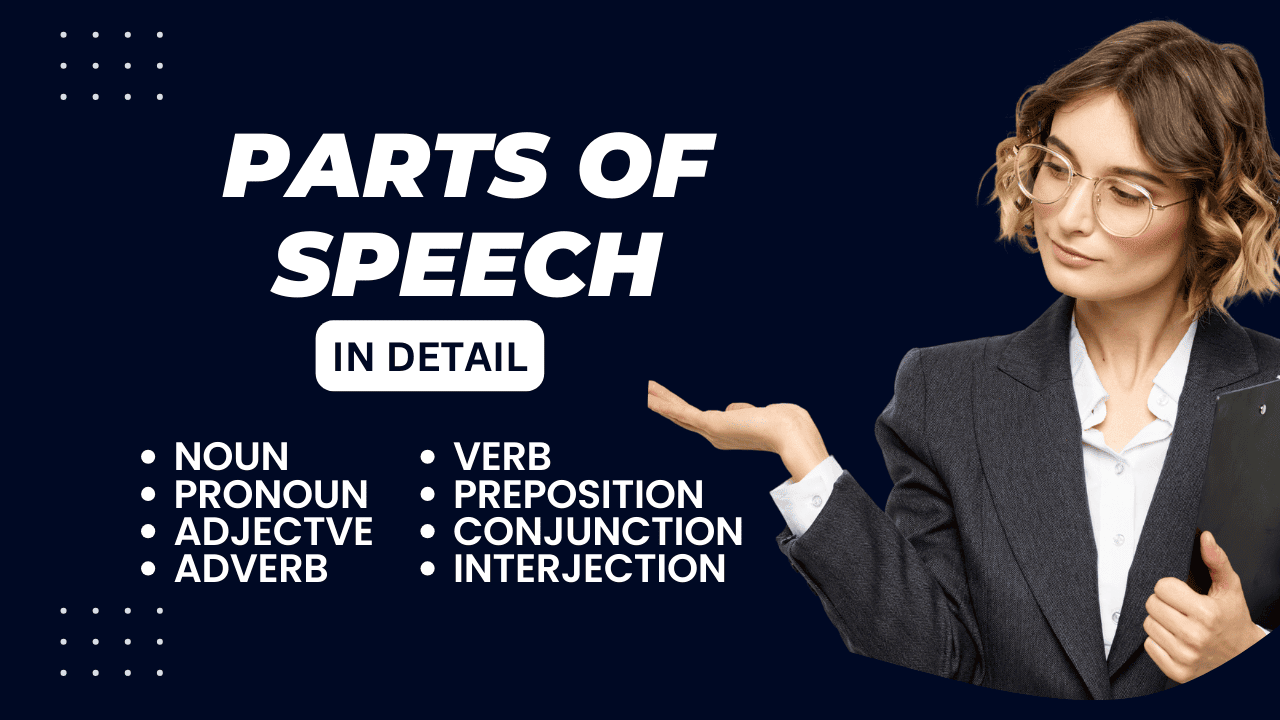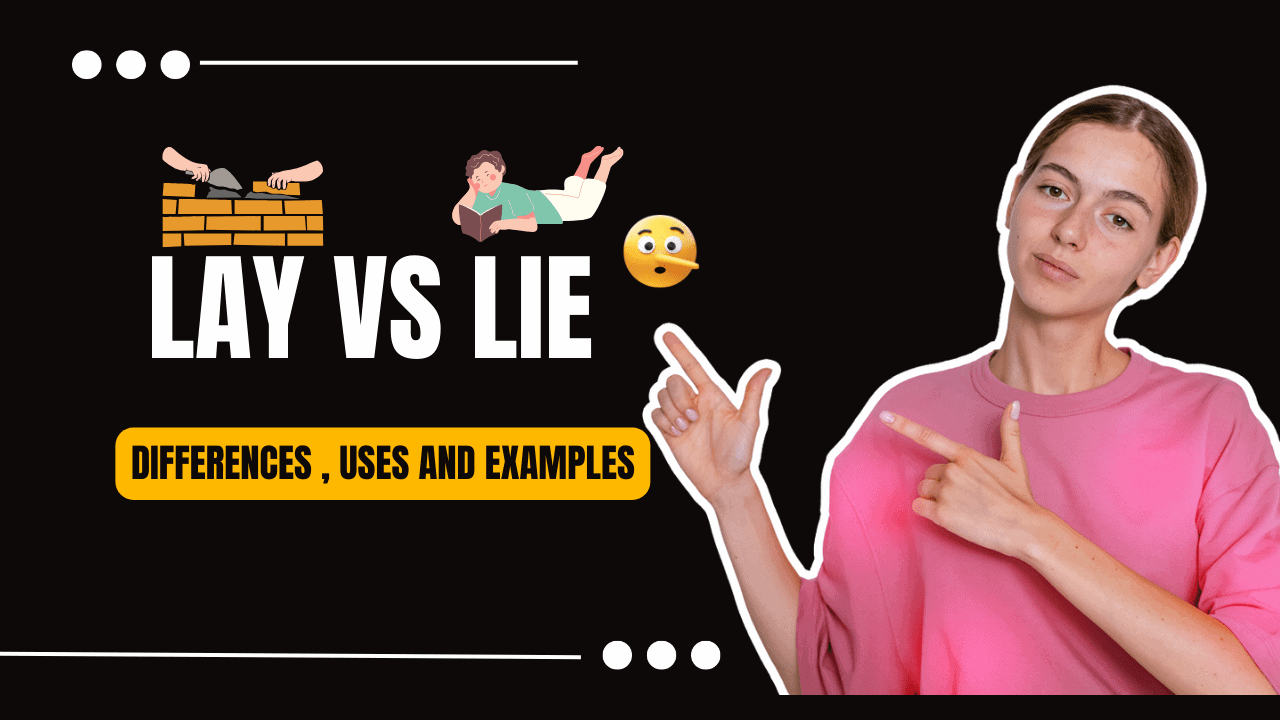What is a conjunction?
A conjunction is a word or a group of words which joins together sentences or clauses, and sometimes words.
Conjunction joining words
- Ram and Shyam will come.
Conjunction joining phrases.
- People’s ignorance and Population explosion are two interrelated problems.
Conjunction joining Clauses.
- He said that he would come.
The common conjunction are: and, but, if, whether, that, either, or, neither, nor, because, since, yet, unless, until, before, although, as, after etc
The conjunction is not the Part of speech that joins a group of words or clauses together. The Relative Pronouns ‘who’, ‘which’, ‘that‘, etc. and relative Adverbs ‘when’, ‘where’, ‘why’, etc. also perform the same function, but they are pronoun and adverbs as well
Kinds of Conjunction
There are two types of conjunction
- Co-ordinate Conjunction
- Sub-ordinate Conjunction
Co-ordinate conjunction
They are used to connect/ link words, phrase and clause of equal importance. For example – connects noun with another noun or an adjective with another adjective.
and, but, or, nor, yet, so, as, well as, either….or, neither…nor, not only…..but also.
Examples
- Rohan and Mohan did not come.
- He writes carefully and clearly.
- He is rich and happy
Types of co-ordinate conjunction
Cumulative or Copulative conjunction
These conjunctions are used to connect/ join two statements.
and, as well as, not only……but also, both….and etc.
Examples
- He came
andwrote an application. - Both Ram and Shyam will attend the party.
- Ram as well as his brother was present in the meeting.
- Justin Bieber sings and composes music.
- He is rich and happy.
Illative conjunction
They are used to connect two statements in which one statement expresses the result of another statement.
For, so, because, therefore etc.
Example
- I like spicy food so I frequently go to Indian restaurants.
- You are in power, so you are respected.
- He worked hard therefore he secured good marks.
- I was ill so I could not come.
- He secured good marks, for he worked hard.
Adversative conjunctions
They are used to show contrast or contradictions between two clauses.
but, still, yet, whereas, while, Nevertheless, only, However etc.
Examples
- He is poor but he is trustworthy.
- He is poor yet he has self-respect.
- Rohan is alright, only he is tired.
- He is rich but he is not happy.
- He is industrious still he does not get good marks.
Alternative or disjunctive conjunctions
These conjunctions are used to express or indicate two or more choices/ alternatives
or, either…..or, neither…..nor, otherwise etc.
- Either sit quietly or go away.
- You must run fast else you will miss the train.
- He should join or he will be terminated.
- Neither he nor she was present at the party.
- She likes neither drinkers nor smokers.
Subordinate conjunction
A Subordinating Conjunction is used to join two unlike clauses, phrases, or a sentence structure from which one is a dependent clause, and the other is an independent clause.
Whether, when, where, why, how, because, till, until, unless, as, while, though, although etc.
Examples–
- I asked him when he would go there.
- If you work hard, you will succeed.
- Since I was busy, I could not call you.
Types of sub-ordinate conjunctions
- Conjunction of time
- Conjunction of Cause or Reason
- Conjunction of Purpose
- Conjunction of conditions
- Conjunction of place
- Conjunction of Result and Consequences
- Conjunction of Comparison
- Conjunction of Concession
Conjunction of Time
When, after, before, until, since, while, once, as and as soon as etc. are subordinate conjunctions which can be used to connect an action or an event to a point in time.
Examples
- When I saw him, I stopped my car.
- I will start the business, as soon as I get the licence.
- I have been searching for her since I met her.
- The train had left before I reached the station.
- I will call you as soon as I leave work.
Conjunction of Purpose
We use these conjunctions to introduce the adverb clause or purpose.
that, so that, in order that, lest
Example
- Work hard lest you should fail the exam.
- He came here so that he can discuss the plan.
- He is working hard in order that he can succeed.
- Run fast lest you should miss the train.
- We eat so that we may live.
Conjunction of place
We use such Conjunctions for introducing the Adverb Clause of Place
Where, wherever, whence
- Let her go wherever she likes to go.
- I don’t know where he works.
- He went back whence he came.
- I found my bike where I left it.
- They may play wherever they like.
Conjunction of Result
We generally use ‘that’ with so and such for introducing adverb Clause of result
so that, such that
- The coffee is so hot that I can’t drink it.
- He is such an intelligent boy that he can easily pass.
- She was so late that she had to miss the train.
- He is so weak that he cannot walk.
Conjunction of condition
We use such Conjunction for introducing the Adverb clause of conditions.
if, unless, as if, provided/ provided that etc.
Examples
- You cannot succeed unless you work hard.
- He will help you if you ask him.
- If you answer well in the interview, you will be selected.
- She behaves as if she were a doctor.
- He will be penalised provided that the charges are proven.
Conjunction of Cause or Reason
We use these conjunctions for introducing the Adverb clause or Reason.
Because, since, as, now, that etc.
- He is allowed to enter as he is invited by us.
- I can’t buy this car, since it is very costly.
- He will not come today as he is ill.
- She is crying because someone has stolen her mobile.
- I am glad that she likes it.
Conjunction of comparison
We use such conjunctions to introduce the Adverb clause of comparison.
As…..as, so…..as, than etc.
- He is as strong as his brother.
- She is as intelligent as her mom.
- My house is bigger than yours.
- A wise enemy is better than a foolish friend.




